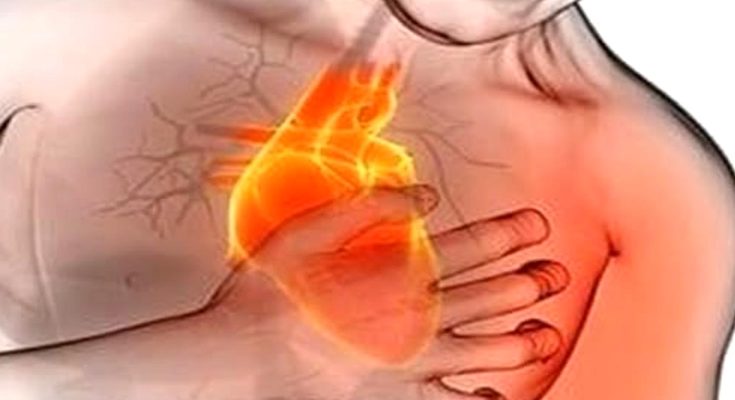When we feel exhausted, many of us turn to coffee or energy drinks for a quick boost. Red Bull, one of the most popular energy drinks, is marketed as a beverage that “gives you wings.” However, research suggests it may also increase the risk of serious cardiovascular problems, including strokes and heart attacks.
A study conducted by Scott Willoughby from the Cardiovascular Research Center in Australia found that consuming just one can of Red Bull can alter blood consistency, making it resemble that of individuals with heart disease. This raises concerns about its impact on cardiovascular health, especially with frequent consumption.
The main ingredients in Red Bull—caffeine, sugar, and aspartame—can pose significant health risks. Caffeine can elevate heart rate and blood pressure, while excessive sugar intake contributes to metabolic issues such as insulin resistance. Aspartame, an artificial sweetener, has been linked to neurotoxicity, allergic reactions, and even potential carcinogenic effects. Due to these risks, the manufacturer advises against drinking more than two cans per day.
The dangers become even more pronounced when Red Bull is mixed with alcohol. This combination can mask the effects of intoxication, leading to excessive alcohol consumption while also placing additional stress on the heart and nervous system.
Instead of relying on energy drinks for a boost, health experts suggest natural ways to increase energy levels and maintain cardiovascular health. These include:
- Eating a balanced diet rich in whole foods
- Increasing omega-3 fatty acid intake (found in fish, nuts, and seeds)
- Reducing sugar consumption to stabilize blood sugar levels
- Managing stress through mindfulness and relaxation techniques
- Prioritizing high-quality sleep for proper recovery
- Engaging in regular exercise to improve circulation and overall well-being
By making healthier choices, you can protect your heart and reduce the risk of life-threatening conditions.



